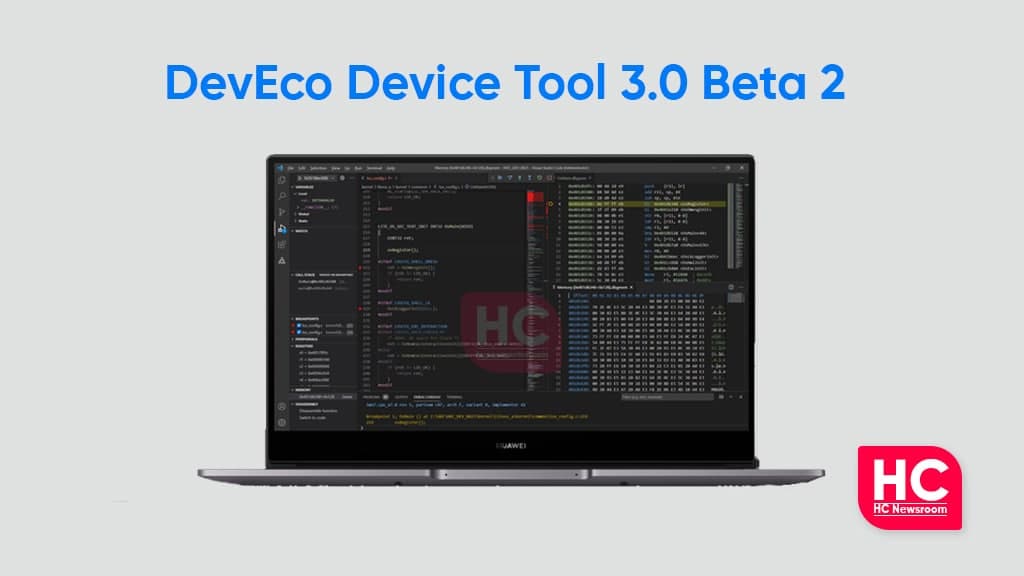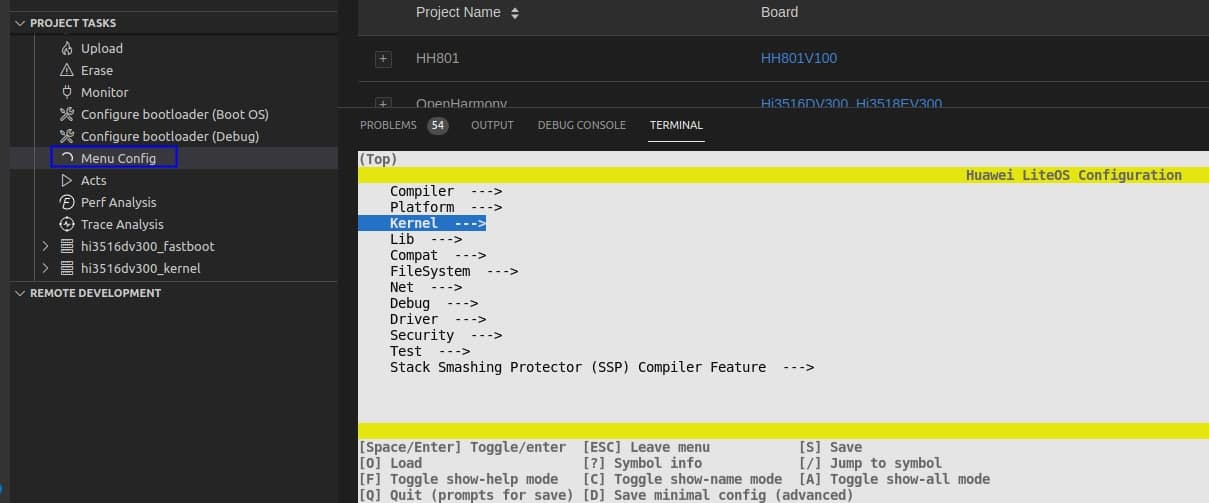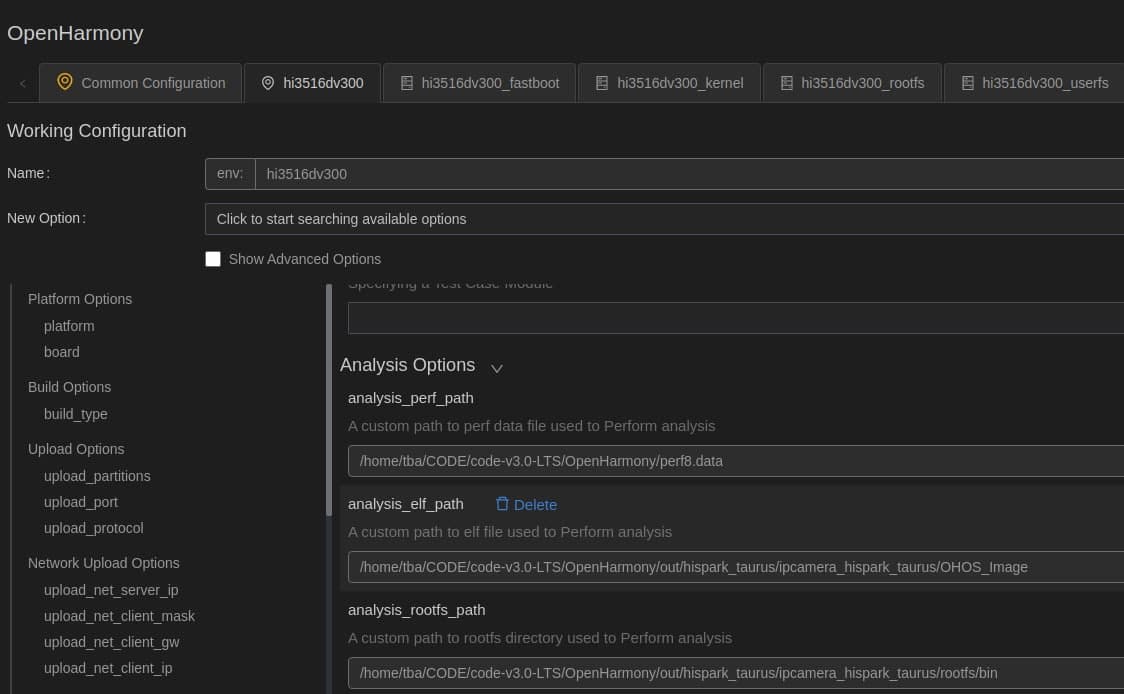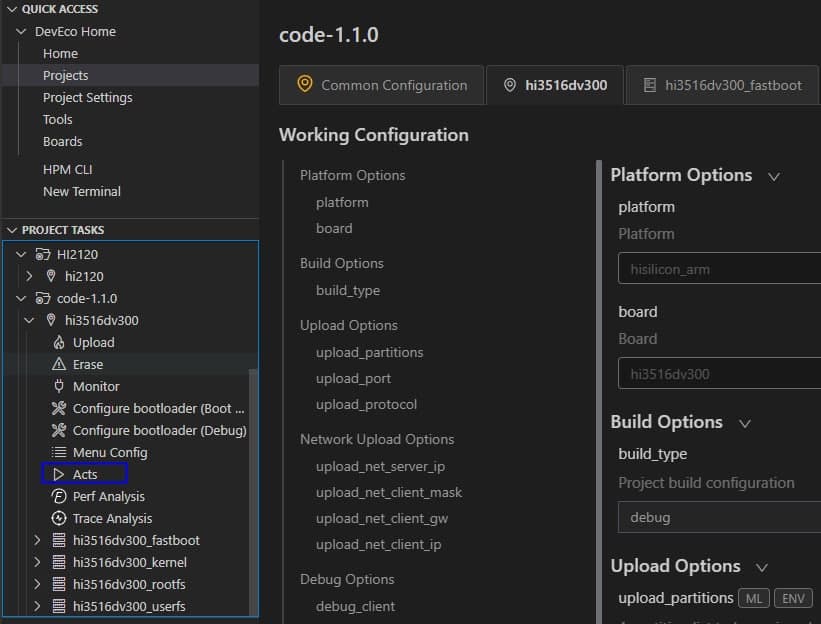HarmonyOS
Huawei DevEco 3.0 Beta 2 version released with three new features

On January 1, 2022, Huawei has released a new DevEco Studio 3.0 Beta 2 for developers to create something unique for the HarmonyOS system and optimize the integrated installation experience. As per the information, the new DevEco studio beta version brings three new features that are:
- Visual trace analysis
- Perf performance analysis tool
- Application compatibility test suite
Huawei DevEco Studio 3.0:
The DevEco Studio 3.0 is all in one in a development environment that is deployed on Visual Studio Code in the form of plug-ins. It has one-click compilation and burning, OpenHarmony component customization, HarmonyOS Connect service package integration, remote development, equipment simulation, visual debugging and tuning, and three-party library sharing of template samples.

Let’s move to the detailed changelog of DevEco Studio 3.0 Beta 2 version:
Visual trace analysis
DevEco Device Tool provides a Trace analysis function, which can track CPU usage, memory usage, running tasks, or events in real-time when the application is running on the development board.
Developers can start or stop recording traces at any time, and graphically display events, memory, CPU, running traces, and other information. Developers can view the events or processes that caused memory or CPU exceptions based on the collected trace data, thereby optimizing the source code. Currently, DevEco Device Tool supports Trace analysis of Hi3516DV300 and Hi3518EV300.

Perf performance analysis tool
Perf analysis function obtains the CPU hardware events, high-precision periodic events, and OS software events by sampling the source code of the development board to generate Perf files. Perf analyzer performs hotspot function and hotspot path analysis on the output perf file. Based on Perf analysis, algorithm optimization and code optimization can be performed to increase execution speed and reduce memory usage. Currently, DevEco Device Tool supports Perf analysis of Hi3516DV300 and Hi3518EV300.

Application compatibility test suite
HarmonyOS compatibility testing is mainly to verify that partners’ devices and business applications meet the technical requirements defined by HarmonyOS open-source compatibility. To ensure that devices and business applications running on HarmonyOS can operate stably and normally and that devices and business applications that use HarmonyOS are consistent. Sexual interface and business experience.
DevEco Device Tool integrates a compatibility test suite, and currently supports the compatibility test of Hi3516DV300 and Hi3861.

New Features:
-
The new visual Trace tool based on Hi3516DV300 and Hi3518EV300 development boards can clearly understand the event details of system operation, CPU proportion, memory trend graph, and task switching trajectory, and better understand the unstable operation of the system and auxiliary positioning program.
-
The new Perf performance analysis tool that supports Hi3516DV300 and Hi3518EV300 development boards are added to help developers quickly and effectively identify performance bottlenecks and assist system performance optimization.
-
The new application compatibility test suite acts based on the Hi3861 chip-based development board helps terminal equipment manufacturers to detect the compatibility of the application with HarmonyOS Connect / OpenHarmony as soon as possible, and ensures that the application meets the compatibility requirements of HarmonyOS Connect / OpenHarmony during the entire development process.
-
Added support for HH-SCDAYU200 development board based on RK3568 to compile in Linux environment and burn in Windows environment, support XR806 based development board to compile in Linux environment and burn in Linux/Windows environment.
Enhanced features:
-
Since the components (Node.js and HPM) are integrated into the integrated installation tool (DevEco Device Tool Installer), developers only need to check the required components to automatically download and install the components to build the IDE environment.
-
Based on the development board of the Hi3861 chip, the programming parameter “Baud rate” supports setting to 921600.
-
Optimize the integrated installation function, developers can automatically install DevEco Device Tool without manual configuration.
-
During the all-in-one installation process, the default download source of Python is updated to Huawei Cloud, which is convenient for domestic users to obtain and enhance the user experience.
Fixes:
-
Fixed the problem that the development board based on Hi3861 chip, after clicking build in the Linux environment to compile, select the hiburn-serial protocol to burn in the Windows system, the burn failed.
-
Fixes the problem of downloading failure due to abnormal log when Windows is installed in the default path and clicking Upload.
-
Fixed the problem that abnormal pop-ups appeared when clicking Monitor after the Windows platform was successfully burned.
-
Fixed the problem that the stack analysis and mirror analysis of the development board based on the Hi3861 chip cannot be used.
-
Fixed the problem that the DevEco Device Tool Home page cannot be loaded when there is a DevEco-Device-Tool folder in the root of the installation directory.
-
Fixed an issue where the Configure Bootloader could not be used normally due to spaces in the installation path.
-
Fixed the problem that multiple DevEco Device Tool Home interfaces appeared after clicking Remove to remove the project.
-
Fixed the problem that the Products function in DevEco Device Tool could not be used normally due to the expired certificate.
(Source: Huawei)






